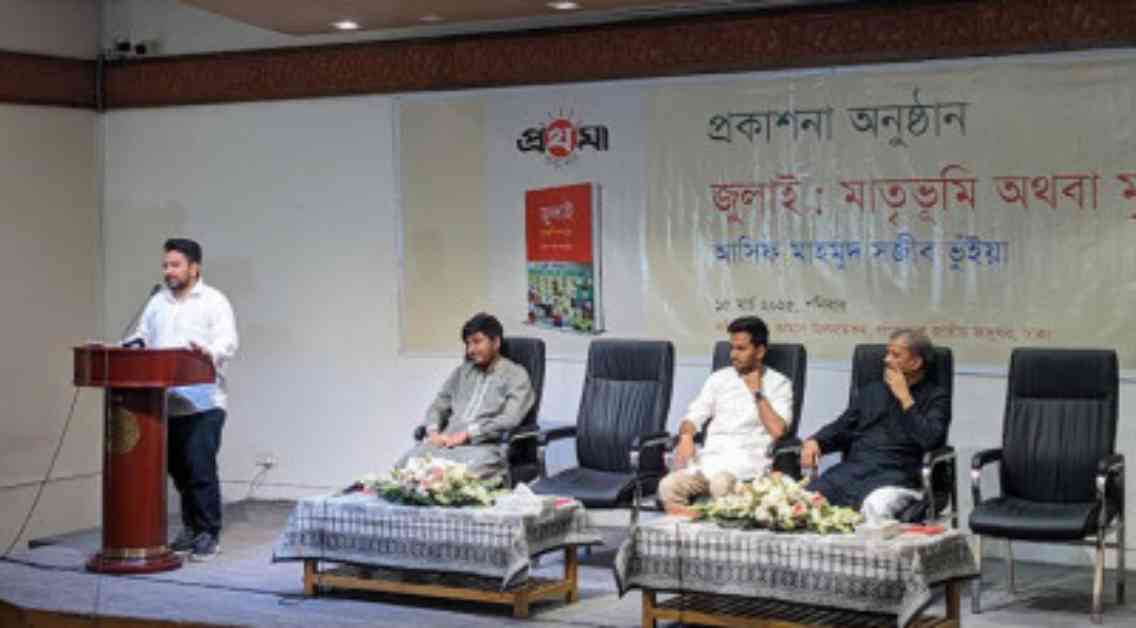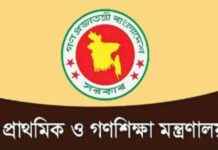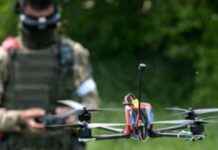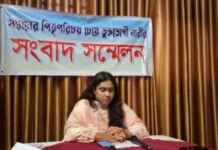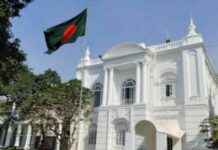The People’s Spontaneous Movement: A Tale of Unity and Resilience
Dhaka: The leader of the National Citizen’s Party (NCP), Nahid Islam, recently expressed his views on the July uprising. According to him, those members of the student league who resigned during the July events, including those who were once considered rebellious or dissenting, made a significant contribution. He emphasized that without their presence, the movement would have faced significant challenges.
Speaking at the launch event of the book “July: Motherland or Death” by Sajeeb Bhuinya, an advisor to the interim government, at the National Museum in Shahbag, Dhaka, Nahid highlighted various incidents of the people’s uprising. He stressed that the decision-making process of the masses before the official declaration of the event on August 3, 2024, showcased their spontaneous involvement. On that day, the Shahid Minar Square held a symbolic significance, as it represented the unity and determination of the people.
Reflecting on the complexities of the July events, Nahid described how a single statement or a fragmented incident could lead to diverse interpretations. He mentioned the ongoing struggles of those who were part of the movement, noting that many have remained silent for the past seven months. The anticipation of their voices adds to the ongoing debate surrounding the nature of the uprising.
The Role of Student Organizations in the Movement
Nahid highlighted the pivotal role of student organizations in the uprising, particularly the Democratic Student Power organization led by the campus-famous Akhtar Hossain. Despite initial doubts about Akhtar’s continued leadership, the movement saw a shift towards other prominent figures like Asif Mahmood and Abu Bakar. The unexpected arrest of Akhtar on the 17th of the month left a void that challenged the preconceived notions of the movement’s structure.
Expanding on the organization’s vision, Nahid mentioned their plan to transition from a student-focused movement to a broader anti-discrimination campaign. The inclusion of Hasanat, Sarjees, and Mahinra reflected the movement’s commitment to inclusivity and diversity. The historical significance of the events further underscored the individual narratives and collective struggle that defined the July uprising.
Challenges and Triumphs of the Movement
As the movement gained momentum, Nahid acknowledged the inherent challenges of maintaining spontaneity while organizing a widespread protest. The movement’s evolution from a student-led initiative to a collective endeavor involving various political parties required strategic coordination and communication. Despite facing external pressures and internal conflicts, the movement persevered, with Nahid commending the collective efforts of all participants.
Reflecting on the personal impact of the movement, Nahid shared his experiences of navigating through uncertainties and risks. His interactions with the media and political entities highlighted the delicate balance between personal safety and public advocacy. The complexities of the July uprising, reminiscent of past movements like the Safe Road protests, underscored the resilience and determination of the Bangladeshi people.
In conclusion, Nahid emphasized the importance of individual narratives in shaping the collective memory of the July uprising. Each person’s story adds depth and nuance to the broader narrative, capturing the spirit of unity and resilience that defined the movement. As the events continue to unfold, the legacy of the July uprising serves as a testament to the power of collective action and the enduring spirit of the Bangladeshi people.
Total Duration: 2153 hours, March 15, 2025
